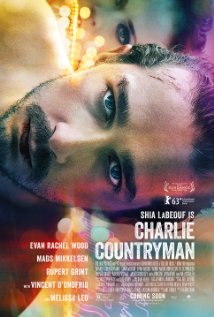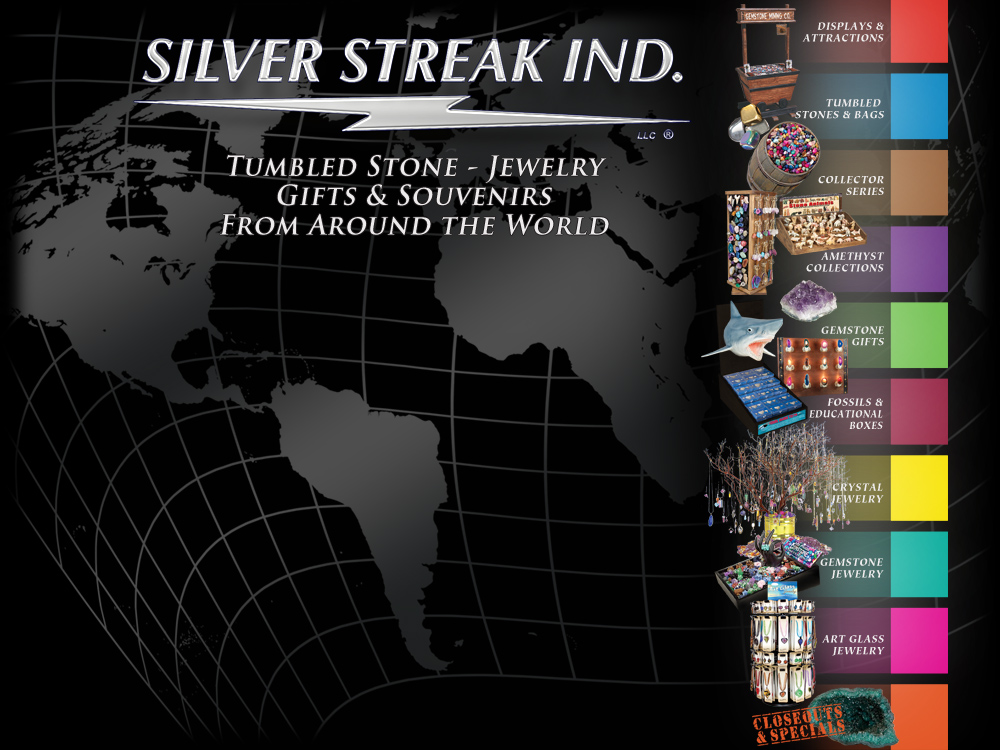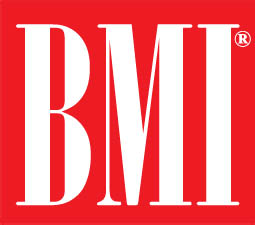Indianapolis, Indiana – Laurance B. Aiuppy of Park County, Montana (“Aiuppy”) has sued Ufnowski Enterprises, LLC of Morgantown, Indiana (“Ufnowski”) d/b/a “Jeepers Dollhouse Miniatures” in the Southern District of Indiana alleging infringement of a copyrighted photograph or photographs which have been registered by the U.S. Copyright Office.
Plaintiff Aiuppy (also referred to in the complaint as “Plaintiff Auippy”) provides entertainment-related photojournalism goods and services featuring celebrities, which it licenses to online and print publications.
Defendant Ufnowski, which offers miniatures, dollhouses, and related accessories, is asserted to own and operate the website http://www.jeepersminiatures.com and to have copied, modified and displayed Aiuppy’s photograph or photographs on the Jeepers Dollhouse Miniatures website without Aiuppy’s permission. It is further contended that this conduct was knowing and in violation of U.S. copyright laws. The complaint also asserts that Ufnowski received a financial benefit directly attributable to the alleged infringement(s), and claims that as a result of the display of the photographs, the website had increased traffic and, in turn, realized an increase in their advertising revenues and/or merchandise sales.
The complaint, filed by the intellectual property counsel for Aiuppy, states the following claims:
· First Count: Direct Copyright Infringement, 17 U.S.C. § 501 et seq.
· Second Count: Contributory Copyright Infringement
· Third Count: Vicarious Copyright Infringement
· Fourth Count: Inducement of Copyright Infringement
· Fifth Count: Injunction Pursuant to 17 U.S.C. § 502
· Sixth Count: Attorney Fees and Costs Pursuant to 17 U.S.C. § 505
Aiuppy asks for a judgment that Ufnowski has infringed directly, contributorily and/or vicariously; for a judgment that Ufnowski has induced others to violate Aiuppy’s copyrighted photographs(s); for statutory damages against Ufnowski of $150,000 per infringement, or actual damages and Ufnowski’s profits; for a permanent injunction pursuant to 17 U.S.C. § 502; and for attorneys’ fees and costs.
Practice Tip: As part of its complaint, Aiuppy has asserted that Ufnowski had “red flag” knowledge under 17 U.S.C. §512(c)(1)(A)(i) (sic) of the alleged infringements and yet failed to remove the allegedly infringing photographs. The “red flag” provision, codified as 17 U.S.C. §512(c)(1)(A)(ii), is part of the Digital Millennium Copyright Act (“DMCA”).
Title II of the DMCA, separately titled the “Online Copyright Infringement Liability Limitation Act” (“OCILLA”), was designed to clarify the liability faced by service providers who transmit potentially infringing material over their networks.
But rather than embarking upon a wholesale clarification of various copyright doctrines, Congress elected to leave current law in its evolving state and, instead, to create a series of “safe harbors” for certain common activities of service providers. To that end, under 17 U.S.C. § 512(a)-(d), OCILLA established a series of four “safe harbors” that allow qualifying service providers to limit their liability for claims of copyright infringement based on (a) transitory digital network communications, (b) system caching, (c) information residing on systems or networks at [the] direction of users, and (d) information location tools.
To qualify for protection under any of the safe harbors, a party must meet a set of threshold criteria. First, the party must in fact be a “service provider,” defined, in pertinent part, as “a provider of online services or network access, or the operator of facilities therefor.” 17 U.S.C. § 512(k)(1)(B). A party that qualifies as a service provider must also satisfy certain “conditions of eligibility,” including the adoption and reasonable implementation of a “repeat infringer” policy that “provides for the termination in appropriate circumstances of subscribers and account holders of the service provider’s system or network.” Id. § 512(i)(1)(A). In addition, a qualifying service provider must accommodate “standard technical measures” that are “used by copyright owners to identify or protect copyrighted works.” Id. § 512(i)(1)(B), (i)(2).
Beyond the threshold criteria, a service provider must satisfy the requirements of a particular safe harbor. In this case, the safe harbor presumably at issue is § 512(c), which covers infringement claims that arise “by reason of the storage at the direction of a user of material that resides on a system or network controlled or operated by or for the service provider.” The § 512(c) safe harbor will apply only if the service provider:
(A) (i) does not have actual knowledge that the material or an activity using the material on the system or network is infringing;
(ii) in the absence of such actual knowledge, is not aware of facts or circumstances from which infringing activity is apparent; or
(iii) upon obtaining such knowledge or awareness, acts expeditiously to remove, or disable access to, the material;
(B) does not receive a financial benefit directly attributable to the infringing activity, in a case in which the service provider has the right and ability to control such activity; and
(C) upon notification of claimed infringement as described in paragraph (3), responds expeditiously to remove, or disable access to, the material that is claimed to be infringing or to be the subject of infringing activity.
It is in § 512(c)(1)(A)(ii) that the so-called “red flag” knowledge exception to the safe harbor provision for service providers is found.
As the safe harbor acts as an affirmative defense, and the “red flag” knowledge, in turn, is available to defeat that defense, it is interesting that this seems to have been included in the complaint as part of the prima facie case against Ufnowski. Moreover, it will be interesting to see what use Plaintiff’s copyright attorney makes of this assertion, given that Ufnowski appears from the complaint to be a merchant of dollhouse miniatures, not an Internet service provider.
Continue reading
 unidentified John Does infringed the copyright of the motion picture “Charlie Countryman,” which has been registered by the U.S. Copyright Office. The movie stars Shia LaBeouf, Evan Rachel Wood and Mads Mikkelsen. It was directed by Fredrick Bond.
unidentified John Does infringed the copyright of the motion picture “Charlie Countryman,” which has been registered by the U.S. Copyright Office. The movie stars Shia LaBeouf, Evan Rachel Wood and Mads Mikkelsen. It was directed by Fredrick Bond. Indiana Intellectual Property Law News
Indiana Intellectual Property Law News


 Redwall is a consulting and design services firm engaged in the business of strategic branding and advertising. Its services include, but are not limited to, developing a clear message and a unique visual image as well as developing brand value for its clients.
Redwall is a consulting and design services firm engaged in the business of strategic branding and advertising. Its services include, but are not limited to, developing a clear message and a unique visual image as well as developing brand value for its clients. Redwall asserts that, despite its performance in full, ESG has failed to pay to Redwall the remaining balance for the work completed. It also claims that ESG has used and continues to use Redwall’s copyrighted Design on a variety of items including, but not limited to, its website and traffic barricades.
Redwall asserts that, despite its performance in full, ESG has failed to pay to Redwall the remaining balance for the work completed. It also claims that ESG has used and continues to use Redwall’s copyrighted Design on a variety of items including, but not limited to, its website and traffic barricades. BMI is a “performing rights society” under 17 U.S.C. § 101 that operates on a non-profit-making basis and licenses the right to publicly perform copyrighted musical compositions on behalf of the copyright owners. The other Plaintiffs in this action own the copyrights to the ten compositions at issue in this lawsuit.
BMI is a “performing rights society” under 17 U.S.C. § 101 that operates on a non-profit-making basis and licenses the right to publicly perform copyrighted musical compositions on behalf of the copyright owners. The other Plaintiffs in this action own the copyrights to the ten compositions at issue in this lawsuit.

